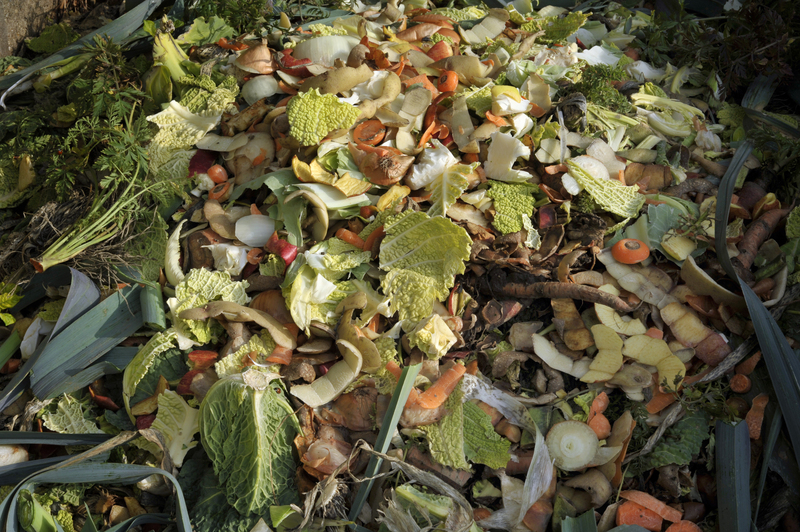10 Forward-thinking Tips to Mitigate Green Waste
Green waste, often a neglected area of environmental management, encompasses all organic waste produced in households and gardens, including leaves, grass clippings, and food scraps. Proper management and reduction of green waste are critical for sustainable living. Here, we'll explore ten innovative tips to effectively mitigate green waste.
Understanding Green Waste: A Brief Overview
Green waste refers to organic materials that can decompose naturally. It includes yard waste, kitchen scraps, and other biodegradable matter. Mishandling green waste contributes to pollution and unnecessary landfill use. Hence, finding innovative ways to manage this type of waste is both vital and pressing.

Tip 1: Composting - Embrace Nature's Recycling
Composting is perhaps the most ecological method of handling green waste. It transforms waste into valuable fertilizer for your garden, conserving landfill space and reducing methane emissions.
- Start small: Use a designated compost bin to collect kitchen scraps.
- Include a balance of greens (nitrogen-rich materials) and browns (carbon-rich materials).
- Maintain moisture and aeration for optimal decomposition.
Tip 2: Mulching - Enhance Your Garden Naturally
Mulching involves covering the soil with organic matter to conserve moisture, suppress weeds, and enhance soil health. By turning your yard waste into mulch, you not only mitigate waste but also improve the vitality of your garden.
Tip 3: Smart Landscaping - Plan to Reduce Waste
Design your garden in a way that generates minimal waste. Use native plants that thrive in local conditions and require less pruning and maintenance:
- Opt for perennial plants rather than annuals.
- Incorporate evergreens to minimize leaf litter.
- Consider xeriscaping for drier climates.
Tip 4: Grasscycling - Leave Clippings Behind
A simple yet effective approach is grasscycling, the practice of leaving grass clippings on the lawn after mowing. The clippings decompose quickly, returning essential nutrients to the soil and reducing the need for chemical fertilizers.
Tip 5: Community Green Waste Initiatives
Participate in or establish community green waste programs. Such initiatives often involve collective composting or mulching facilities and promote the shared goals of waste reduction:
- Organize green waste workshops to educate others.
- Form composting cooperatives with neighbors.
Tip 6: Innovative Technologies - Leverage Progress
Explore technological advancements in waste management that offer new ways to recycle organic waste:
- Invest in electric composters for faster decomposition.
- Utilize educational apps for waste management tips and tracking.
Tip 7: Sustainable Food Practices
Adopt sustainable cooking and consumption habits to reduce kitchen waste:
- Plan meals to minimize leftovers.
- Store food correctly to prolong shelf life.
- Freeze excess produce before it spoils.
Tip 8: Reuse and Repurpose
Get creative with how you use perennial kitchen waste:
- Turn egg shells into calcium-rich plant supplements.
- Use citrus peels for natural cleaners and air fresheners.
Tip 9: Support Zero-Waste Products and Services
Choose products and services that adhere to zero-waste principles:
- Buy products with minimal or compostable packaging.
- Support local businesses that commit to green practices.

Tip 10: Educate and Advocate
Raise awareness about the importance of managing green waste responsibly:
- Advocate for municipal policies favoring green waste management.
- Share knowledge through social media and community meetings.
Conclusion: A Green Future Awaits
Implementing these forward-thinking strategies enables us to significantly mitigate green waste, leading to more sustainable communities and a healthier planet. Start today, and be a part of the solution!